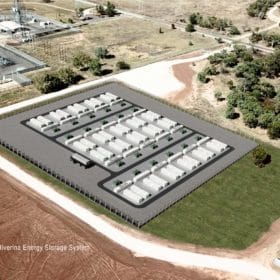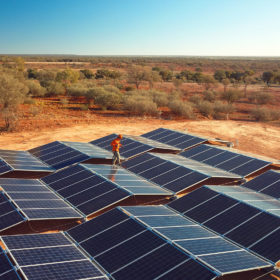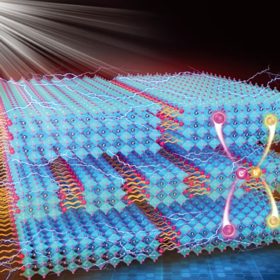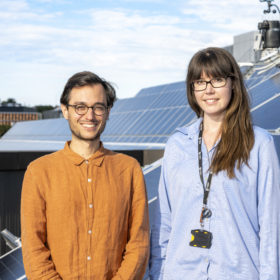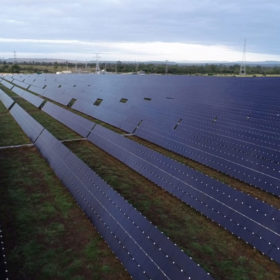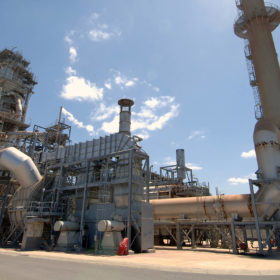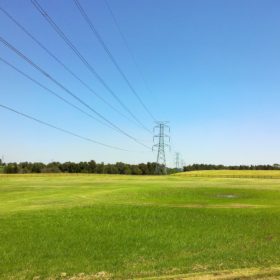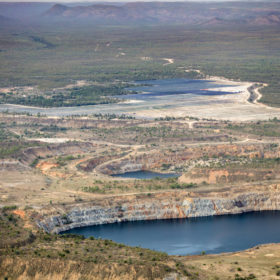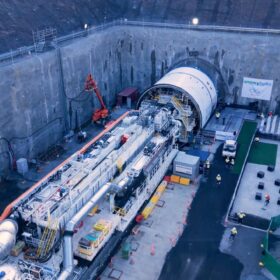NSW Riverina in store for 100 MW / 200 MWh big battery
Murrumbidgee Shire in the New South Wales’ Riverina region is set for a big battery and big flexibility after Edify and Shell Energy came together on a deal that will see the realisation of the Riverina Energy Storage System.
$11 million ARENA/Alcoa project to demonstrate efficient green alumina processing
ARENA and green-thumb Angus Taylor have launched a project to demonstrate that renewable energy can be cost competitive compared to fossil-fuel use in the processing of alumina — providing an incentive for one of Australia’s biggest industries to adopt this technology and offer low-carbon alumina to the world market.
The winning ways of the Australian Technologies Competition
Got a startup that’s contributing to the energy transition, to advancing development of “smart” cities, to decarbonisation of agriculture or mines? The ATC has a track record for scaling up promising tech and has just extended its entry deadline to June 7. Opportunity knocks.
Discovered: Sandwich structure of quasi-2D perovskite film nourishes next-gen solar development
Even as solar researchers strive to squeeze every drop of efficiency from the industry-ruling silicon solar-cell technology, scientists are constantly questing for the next, cheaper, more efficient way of harvesting the sun’s energy to power human endeavours. The appetite for accelerating 2D perovskite solar cell development has just been piqued!
Australia-China relations continue to sour
Last week’s announcement by China’s National Development and Reform Commission (NDRC) that it has indefinitely suspended all high-level economic dialogue with Australia indicates Beijing’s increasing willingness to target trade in its dispute with Canberra. With China buying around a third of everything Australia exports on a value basis, the downward spiral in Sino-Australian diplomatic relations is clearly of concern.
UNSW digs the data: How much solar energy is lost through automated inverter settings?
In a huge data-crunching project designed to inform rooftop solar-export policy and regulations, UNSW technical and social researchers delve into the costs and effectiveness of inverter standards.
AI-powered trading platforms on the rise in fast-moving markets
Australia’s energy transition from traditional generation to renewable resources is quickening and global energy technology provider Fluence has highlighted that asset operators are turning to automated bidding solutions as they seek to navigate an increasingly complex market.
Ampol unveils renewable hydrogen plan for oil refinery site
Australia’s largest petroleum company Ampol has declared its intent to transition away from traditional oil-based fuels, teaming with Ireland’s Fusion Fuel to develop a solar-powered hydrogen production plant at it’s oil refinery in Queensland.
Neoen signals start of construction for Queensland green energy hub
French renewables developer Neoen is pushing ahead with plans to construct a 157 MW wind farm and 100 MW battery project in Queensland’s far north just weeks after federal resources minister Keith Pitt blocked public funding for the project.
Kidston pumped hydro reaches financial close, given green light
For the first time in almost four decades a pumped hydro energy storage plant is set to begin construction with the financial close of Genex Power’s Kidston Clean Energy Hub.
